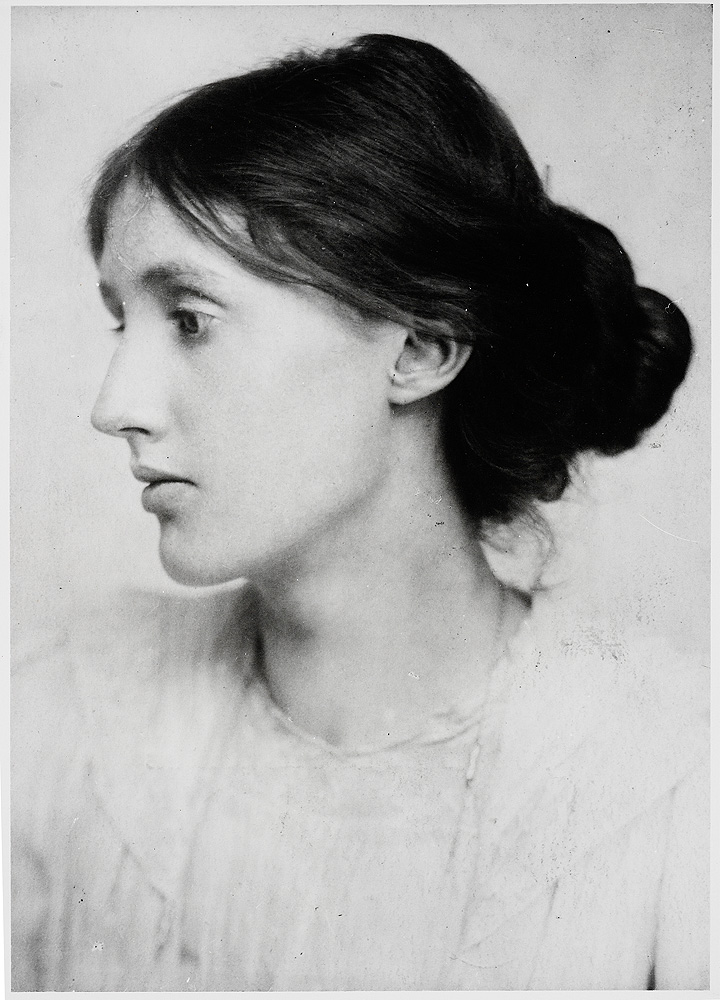
Virginia Woolf, author of “A Room of One’s Own.” Sourced from Smith College website.
Virginia Woolf made a big deal about having a room of her own. But wireless mobility is pushing writers into wider environments, not only transforming the relationship between writers and their means of research and expression, but that expression itself.
“Writing in the Wild, A Paradigm for Mobile Composition” discusses the value and possibilities that mobility offers writers. Mobile technologies enable a participatory effect on what people write and how writing is produced. Bjork & Schwarz’s paper suggests that wireless connectivity prompts something of an emergent paradigm of rhetorical activity, where writers can publish content from unconventional environments (such as cafes, public parks, and news-breaking events), and which is produced through totally functional, totally wireless means (such as SmartPhones, iPads, and laptops).
Mobile writers, or moblogers,
“aspire to provoke audiences into action as well as to pose an alternative to the institutional discourses of traditional news media.” (Bjork & Schwarz)
“Into the Wild” goes on to explore this confluence of writers, their environments, and their modes of producing and transmitting their content. Bjork & Schwarz examine the “materiality of writing” (Bruce Horner) and inhabitance (Nedra Reynolds), to examine the material/organizational conditions that influence the subjective experience of writing, and the awareness of that dialectical influence between subjective writing processes and physical environments. In the “fieldwork” model of writing (where writers enter unconventional environments to write and publish), process is emphasized more perfection. Through mobility and new media, writing is allowed to depart from stability.

Sourced from Inquisitr website.
However, this “fieldwork” model of writing relies on digital access. Right now, the US trails other developed countries in its Internet availability. Lack of digital opportunity and threats against Internet neutrality (no one owning or having authority over what is produced and shared over the Internet) inhibit the data Renaissance that is the potential of writers breaking out of sequestering. Thus, it is crucial for us to collapse the American Digital Divide in order to truly exalt the creative diversity afforded by “fieldwork” immersion, but this will only occur if Americans are made aware of the cruciality of having digital access. Wi-fi isn’t just a special convenience to Starbucks novelists; it’s essential to our 21st century global community.

